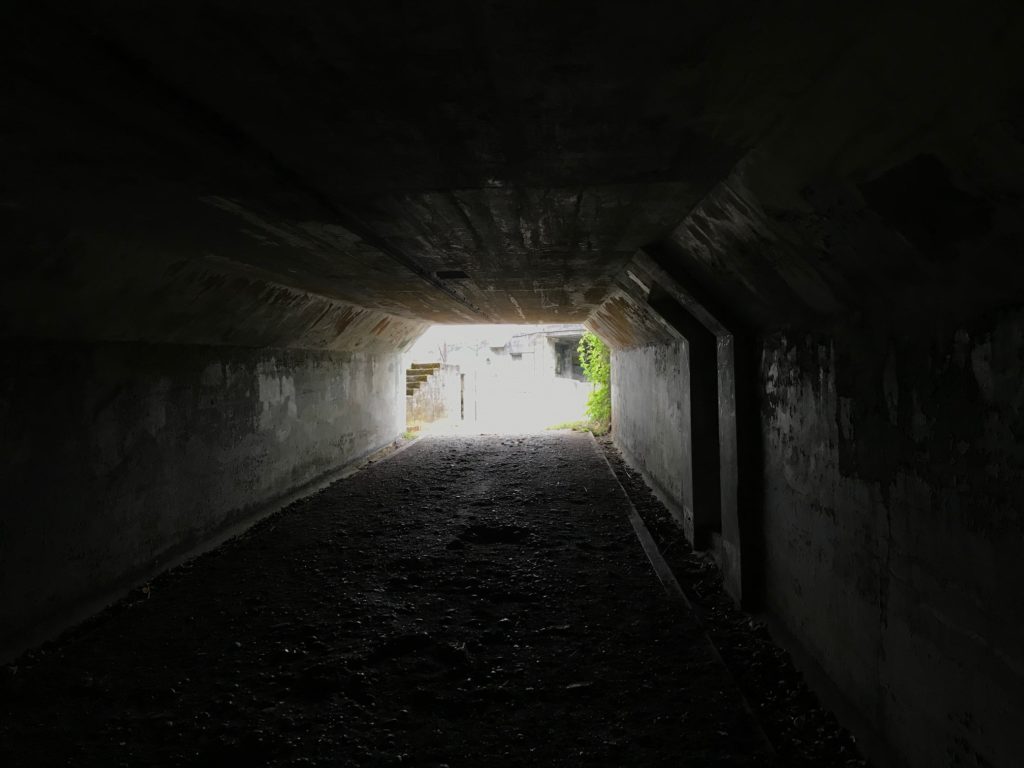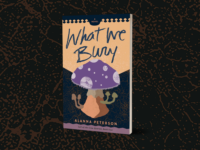Amid all the turmoil of 2020, I started my own business. I built several websites and a web store, and published two novels I wrote, one of which won an award. All of this while working a part-time day job at home and helping my two kids navigate remote schooling.
So why do I feel like such a failure?
There are several reasons I could point to, but I think it all boils down to the same issue: depression.

It feels a little strange, still, to put it out there so plain and simple like that. Look at me! I have depression! Especially at a time when the (understandable) response to such an announcement might be, join the club! It’s 2020, we’re all depressed. And even more so when I am acutely aware of my privilege and am extremely grateful to have a supportive family that keeps me afloat. It feels like I should be able to just get over it. Or at least take comfort in the phrase that is starting to feel more and more like a meaningless platitude: you are not alone.
(I apologize if that sounds kind of bitter. I generally avoid writing posts like this until I’m out of a depressive low, so that I can come at things from a more balanced and hopeful perspective. But this is part of it too; sometimes you just get stuck in the storm and can’t find hope no matter how hard you look. It can be extremely hard to trust that one day things will turn around again. And that’s where I am at the moment.)
I think this is one of the most painful things about mental illness… that these diseases feel so intensely personal. They are, to some degree, “in our heads,” so it seems like we should be able to conquer them by sheer force of will. But they aren’t entirely in our control. Recovery is long and hard and full of setbacks.
And I suppose that’s why I’m writing this post. While I may not have any answers or much useful to say, there is one thing I believe about mental illness: we need to talk about it.
I was so afraid to publish Where Shadows Grow. One of the characters in this novel struggles intensely with feelings of worthlessness and often can’t find much reason to stay alive. I worried that by writing about these things, I would plant ideas in readers’ heads. Especially since I write for young people, which comes with a responsibility that I take very seriously.
But I also know this: NOT talking about it makes everything so much worse. It causes tremendous suffering to feel this way and have to keep it all inside. This is what leads to tragic situations where things explode: when it’s all bottled up with no outlet, when it seems like everyone around you has got it all figured out, knows exactly what they’re doing, while you’re fumbling through endless dark tunnels wondering, why is this so hard for me?
So it’s really the avoidance of talking about the issue that leads to the worst outcomes. I was discussing this with my therapist recently and realized that it’s similar to the difficulty that we (especially white folks) have talking about race. Avoiding talk about racism it doesn’t mean that it isn’t there, and pretending it isn’t only allows it to be perpetuated.
This analogy is also relevant in other ways, because talking about these issues, for many of us, is really difficult. As in, close to impossible. One of the hardest things I have EVER done was to admit that I needed help, to call a stranger so I could get set up with mental health services, to talk to my family about what was going on.
I’m glad that I did. But that doesn’t mean everything has been easy from there. My first therapist was not a good fit, and I was ready to give up on therapy altogether. My new therapy/psychiatry team is better, but it’s still slow going. Still a struggle to get through each day. Still feels like I don’t deserve the help, like I’m wasting everyone’s time, like they would all be better off if I just… stopped existing.
I know these are lies that depression tells, but it’s hard not to believe them when, deep down, for possibly unknowable reasons, they feel true. I’m not going to pretend that I have any sort of wisdom about how this stuff works, because I really don’t.
I think many of us are trained to believe that the most effective way to help people is through grand gestures that require a lot of thought and time to pull off. But really, what’s getting me through the day right now? It’s the kind comment, review, or email reply. The out-of-the-blue text from a friend. It’s my son putting his arm around me and snuggling close while we watch TV. My daughter showing me absurd, ridiculous memes from her Pinterest feed. The delicious dinners my husband cooks me each night. My cat purring contentedly as she settles down on my lap.
But you know what else? Even though I feel like such a burden to my loved ones whenever I admit that I’m still struggling, there’s a flip side that maybe doesn’t get mentioned enough: it feels good to help other people. So, by not asking for help, I’m depriving someone else of the warm glow they’d get from offering me support. Sometimes, reframing it that way makes it a little easier to reach out.
I suppose that what I’m trying to say is this: helping others doesn’t have to be complicated. The small things, added up over time, really do make a huge difference. But nothing will change until we – all of us – start talking to each other. Because only once these things are out in the open can the true healing begin.
If you’re struggling right now, I’ve got your back! As mentioned, I really don’t have a lot of answers, but can point you to resources you may find helpful, such as those compiled on my Mental Health page. I also put together a blog post last summer listing 7 Ways to Feel Better Today. Above all, no matter how much your brain tries to convince you otherwise, know that you are needed and loved. ♥️



I enjoy reading about your thoughts and insights, Alanna. Way to talk about it! It’s incredible how each day can be so different. Sometimes we feel completely content and grateful, then the next day is filled with sadness and doubt (and then guilt for feeling that way). I don’t have any answers, but I do love to listen and share. Hugs!
Thanks so much for your comment, Nathalie! Very true – it feels like the emotional landscape has been rockier than ever for many of us this year. So many ups and downs! But listening ears are ALWAYS much appreciated. Hugs to you too 🙂
Alanna, in my eyes you are brilliant, brave and inspiring. Thank you for taking the first steps towards healing and including Us in your support network.
Thank you, Brett!! <3